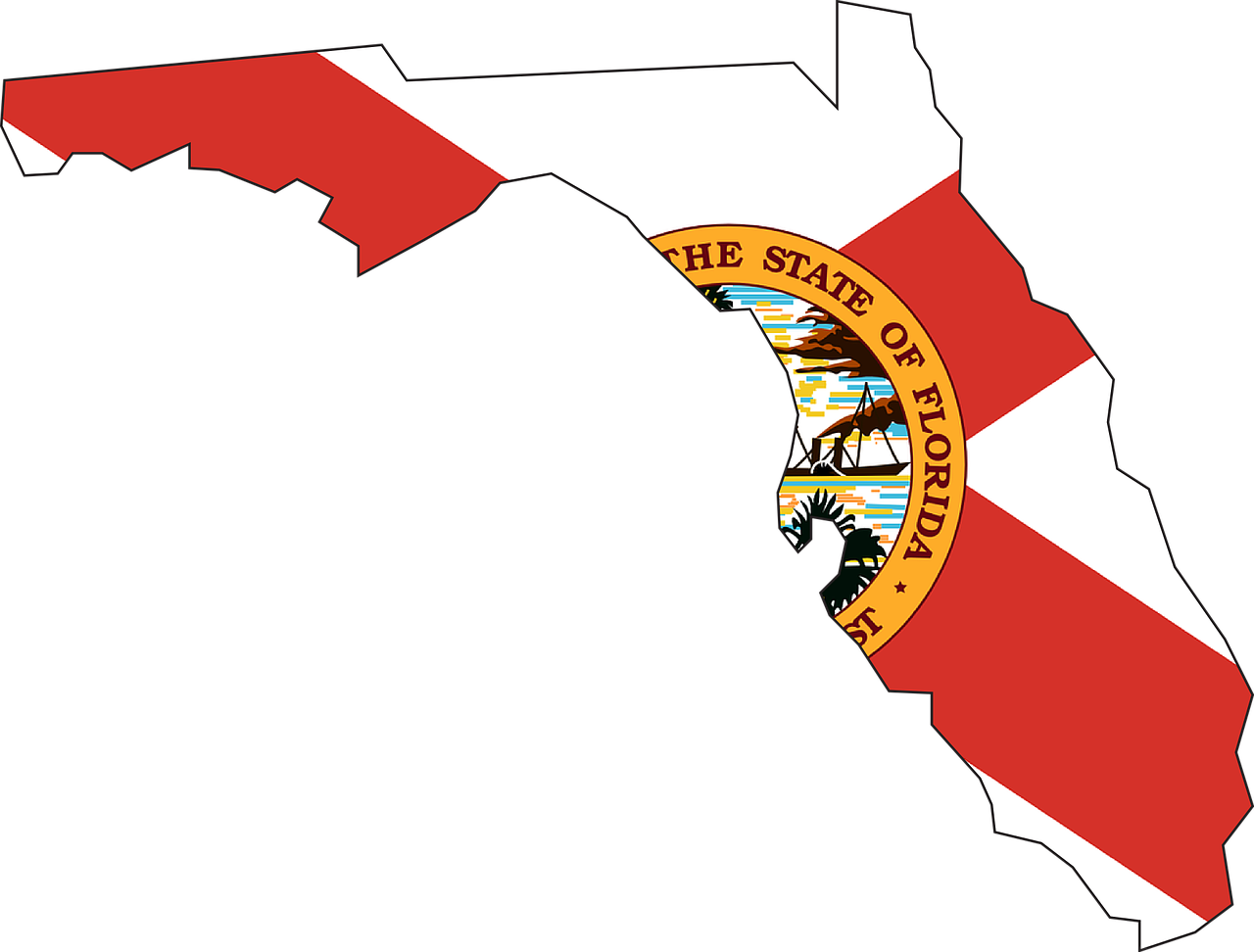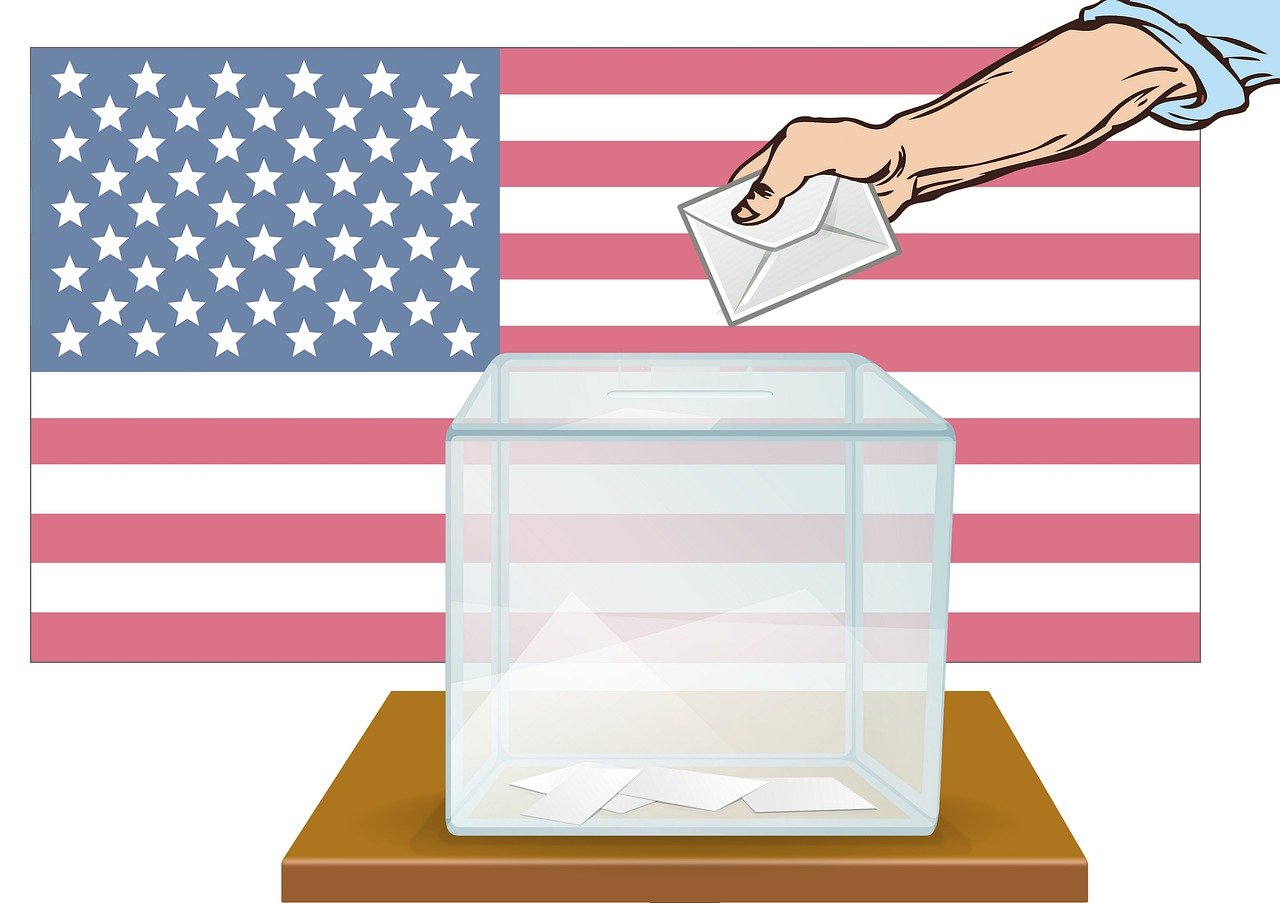 The first 30 days of the Trump administration have involved dismantling Biden-era immigration protections including ending Temporary Protected Status (TPS) for Venezuelans, and now Haitians.
The first 30 days of the Trump administration have involved dismantling Biden-era immigration protections including ending Temporary Protected Status (TPS) for Venezuelans, and now Haitians.
Before leaving office, the former Secretary of the Department of Homeland Security Alejandro Mayorkas had extended Temporary Protected Status (TPS) protections for Haiti for an 18-month period (until February 3, 2026).
Acting under the Trump administration, today DHS Secretary Kristi Noem partially vacated the Mayorkas extension reducing it from 18 months to 12 months.
As a result, Haiti’s TPS extension and new designation will end on August 3, 2025, instead of February 3, 2026, unless extended by the Trump administration.
First-time registration for Haitians seeking TPS protections will remain in effect until August 3, 2025, instead of February 3, 2026.
DHS said in a statement that by taking action it was making good on its promise to “rescind [Biden] policies that were magnets for illegal immigration,” highlighting that TPS is meant to provide only “temporary” immigration status to certain nationals from countries facing ongoing armed conflict, environmental disasters, and other extraordinary conditions.
The statement went on to say, “for decades the TPS system has been exploited and abused. For example, Haiti has been designated for TPS since 2010. The data shows each extension of the country’s TPS designation allowed more Haitian nationals, even those who entered the U.S. illegally, to qualify for legal protected status.”
 Visa Lawyer Blog
Visa Lawyer Blog










